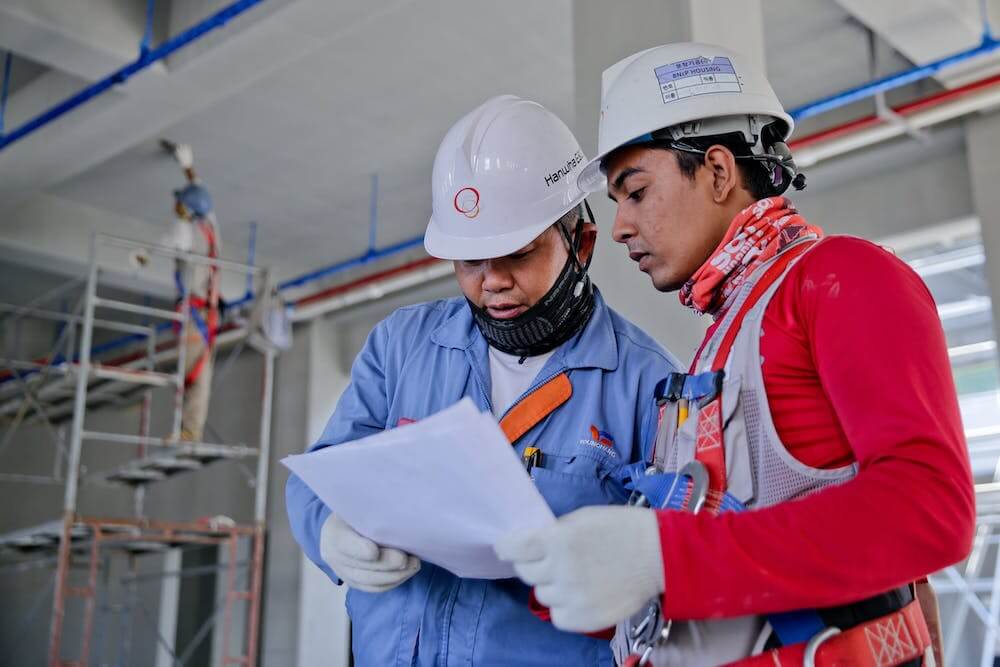
You invested a substantial amount of money as a result of a retaining wall installation project. Despite meticulously vetting general contractors, the project has turned into a disaster that has you plunking more money down to fix the structural issues. To make matters worse, the general contractor refuses to take the proper steps to get the project back on the rails. The time has come to turn to a construction attorney to help rectify a botched retaining wall installation project.
Why Do Retaining Walls Fail?
Retaining walls fail when they cannot support the weight of the dirt placed behind them. Poor construction, which is often the result of using inferior materials, represents a common factor that causes a retaining wall to fail. At Alves Radcliffe, we have come across five other reasons why retaining walls fail.
Improper drainage is another common reason why retaining walls fail. If water cannot find a way to leave your yard, the heavy soil can eventually compromise the structural integrity of a retaining wall. Second, a weak foundation can force a retaining wall to shift position. Third, a retaining wall can fail because a contractor delegates a portion of the project to an inexperienced team of subcontractors. Fourth, some general contractors try to cut corners, such as building on top of the current retaining wall. Finally, mistakes happen because a contractor relies on incorrect data like depth and weight.
How Will a Construction Attorney Rectify a Failed Retaining Wall Project?
A construction attorney will help rectify a botched retaining wall installation project in one or more of the following ways.
Acts as an Intermediary
Unless you receive legal support provided by a proven construction attorney, the general contractor in charge of the retaining wall installation project might view your lack of legal counsel as a sign of weakness. Hiring a construction attorney allows you to spend your time more productively by figuring out how to proceed with the retaining wall installation project. Your lawyer handles addressing all forms of communication, as well as meets every deadline established by the litigation process.
Negotiate a Settlement
Taking a general contractor to court might cost you more money than it is worth. Instead of litigation, a construction lawyer negotiates a settlement to prevent you from losing money in court costs and legal fees. Negotiations start with an offer presented by your attorney, which the other party either accepts or rejects. Several rounds of counteroffers can follow until you reach an agreement or both parties decide to move to the trial phase of the dispute resolution process.
Prevents the Filing of a Mechanic’s Lien
Like other types of home improvement projects, a dispute that arises over a retaining wall installation project comes down to recovering money. You want to recover the money spent on the general contractor. In addition, if you stop paying the general contractor because of the botched project, you might face the filing of a mechanic’s lien. A mechanic’s lien is a legal document demanding payment for the services already provided by the general contractor. A construction attorney is there to prevent the filing of a mechanic’s lien.
